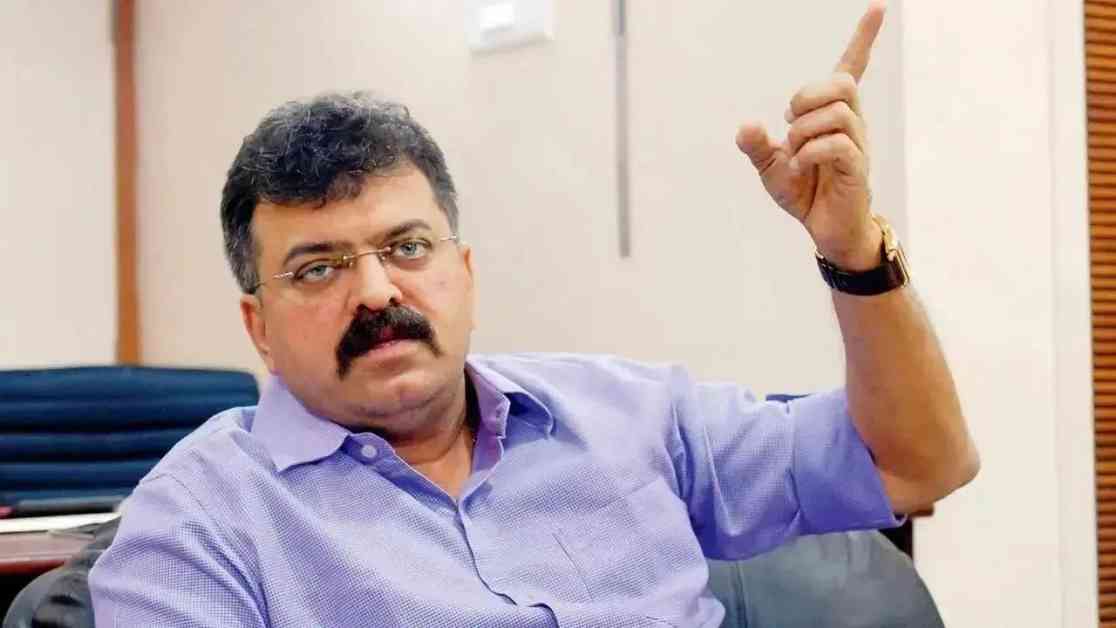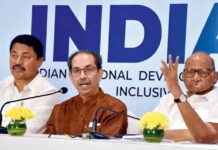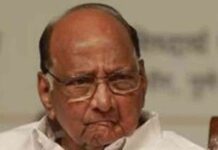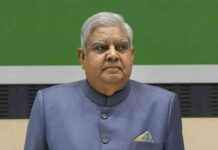Nationalist Congress Party leader Jitendra Awhad recently made some bold claims about the impact of a potential MVA victory in Maharashtra on the Centre and Deputy Chief Minister Ajit Pawar. Awhad accused Ajit Pawar of leading a “pocketmaar gang” that has misappropriated the NCP name and symbol. He also suggested that if the MVA comes to power, allies of the BJP at the Centre, such as Nitish Kumar and N Chandrababu Naidu, may withdraw their support.
Awhad criticized the current state government for its financial instability and alleged that the BJP and RSS are trying to disrupt peace in the country. He promised financial assistance of Rs 3,000 per month if the MVA forms the government after the upcoming assembly elections. However, he did not provide further details on this promise.
The NCP leader also accused Ajit Pawar of alienating his uncle and party founder Sharad Pawar from the party’s activities and claimed that Ajit Pawar is leaning towards RSS ideologies. He referred to Ajit Pawar’s alignment with the BJP as evidence of this.
In response to Awhad’s remarks, Minister and NCP leader Chhagan Bhujbal advised caution with words and reminded that decisions regarding party name and symbol are made by the courts and the Election Commission of India. Thane NCP leader Anand Paranjape criticized Awhad, calling him ungrateful and highlighting his past ministerial positions that were allegedly due to Ajit Pawar’s support.
At the rally in Mumbra, Awhad also criticized the BJP-led government for its failure to address communal violence in the state and called out CM Shinde for sharing a stage with a religious leader accused of making objectionable comments about Islam. Awhad, a three-term MLA, is set to face off against NCP’s Najeeb Mulla in the Mumbra-Kalwa constituency.
Overall, Awhad’s remarks shed light on the tensions and dynamics within the NCP and the potential implications of an MVA victory in Maharashtra. The upcoming assembly elections will be crucial in determining the political landscape in the state and the relationships between different parties at both the state and central levels.




















